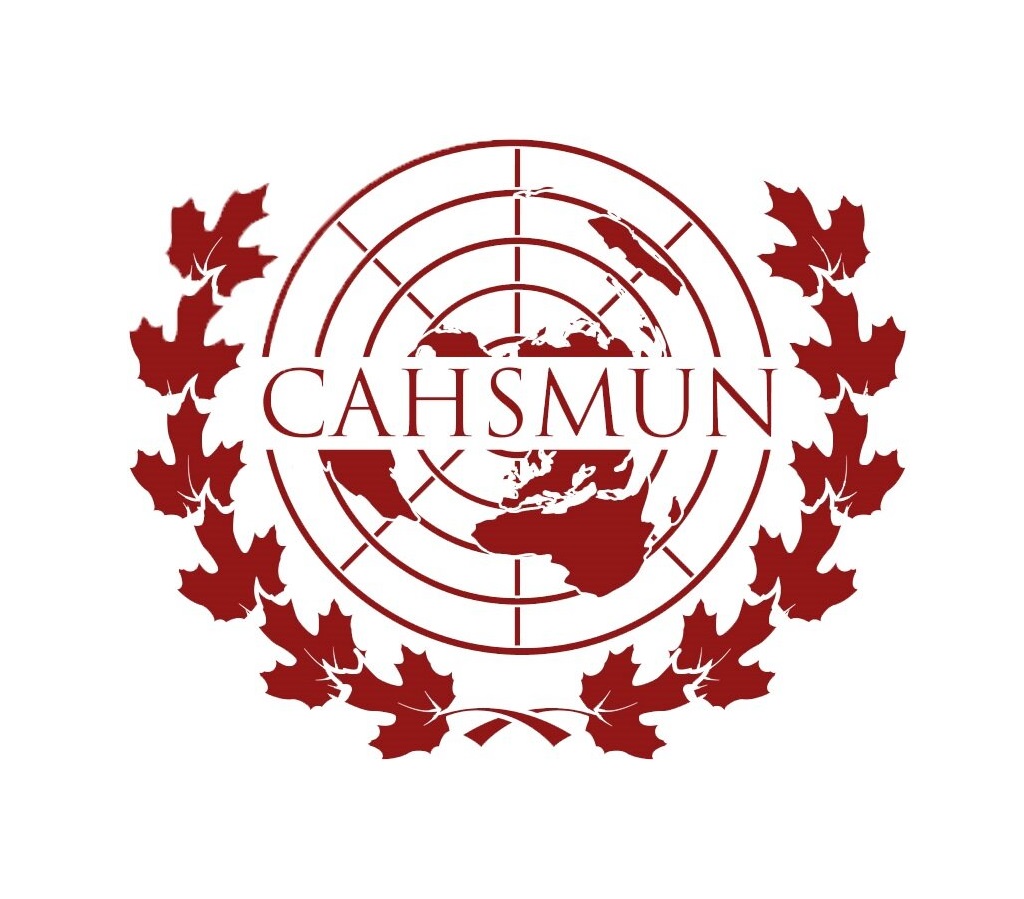FACTBOX, April 5. /TASS/. The delegation of Russia summarized the first draft of its bloc’s resolution paper, outlining a multilateral approach to justice system reform.
Preambulatory Clauses
“The delegation of Russia believes that justice… is a social contract between the state and its people”. This “social contract” is clearly upheld in the paper’s preambulatory clauses.
- The resolution acknowledges the socioeconomic roots of juvenile crime. Impoverished youth are easily coerced into criminal activity if they believe the rewards can help them escape the poverty trap. Thus, Russia pushes to conduct more demographic surveys and studies to increase support in crime-ridden communities and decrease the amount of youth offenders in jails and prisons.
- It posits two categories of youth offenders: those coerced by poverty and other life circumstances and those acting with malicious intent. Russia strongly supports the presence of this distinction, which is the foundation for the dual-path system later outlined.
- Crucially, the clauses also highlight unequal access to legal representation, especially in the rural periphery, underdeveloped regions, and marginalized communities. Russia links justice access to economic sovereignty, which the bloc will work to uphold.
“[Reform] is also about legal legitimacy,” the Russian delegate noted. “Populations must keep faith in [Russia’s] systems”.
Operative Clauses
- Russia’s crowning achievement in this paper is the implementation of a two-tier system providing rehabilitation for those coerced by circumstance into crime and punitive accountability for those who committed severe offenses with intent. For minor and coerced youth offenders, justice systems must provide the convicted with mentorship, therapy, education, and guide them through reintegration. Severe and intentional offenders will face psychiatric detainment or juvenile reformatory sentencing to ensure justice for victims. This clause draws clear lines of responsibility and thereby clarifies the most effective punitive actions, ensuring that compassion for youth can coexist with national security interests.
- The resolution proposes a crime severity scale from 1-5, enabling proportional punishment and standardization across systems as opposed to past bias. Petty theft is rated 1-2 and results in community service. Assault or break-ins are rated 3-4 and result in psychiatric facility placement. Violent crime is rated 4-5 and results in secure detainment and treatment. Through this commitment to objectivity and fairness, Russia opposes systemic corruption and bias.
- Russia outlined the creation of a funding mechanism powered by itself, the US, and China. Funds will assist developing nations, some participating as signatories, in expanding overcrowded facilities, improving sanitation and furnishing standards, training legal professionals in juvenile law, and providing ID systems to register undocumented youth. Russia maintains that funding will be allocated without infringements on national sovereignty which it highly values.
- Russia co-authored clauses ensuring juveniles will not face trial without legal and psychological representation. These clauses guarantee legal aid for all youth, courtroom presence of medical experts, and case-by-case analysis considering age, mental maturity, and background. Thus, Russia reaffirms its position as a protector of due process and pushes for professionalization within juvenile justice systems.
As debate continues and voting nears, the Russian Federation will continue to champion its vision for a just future.
